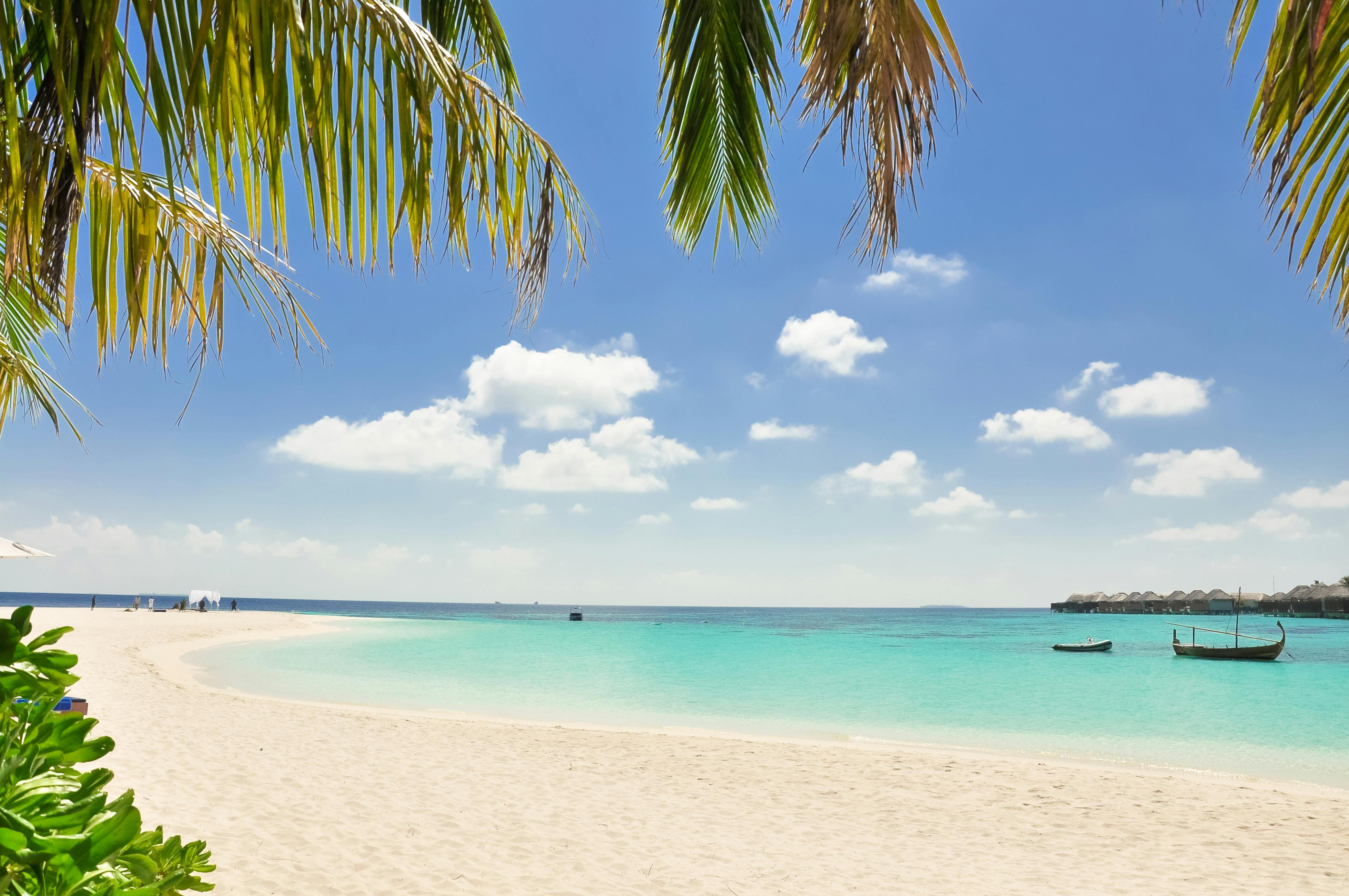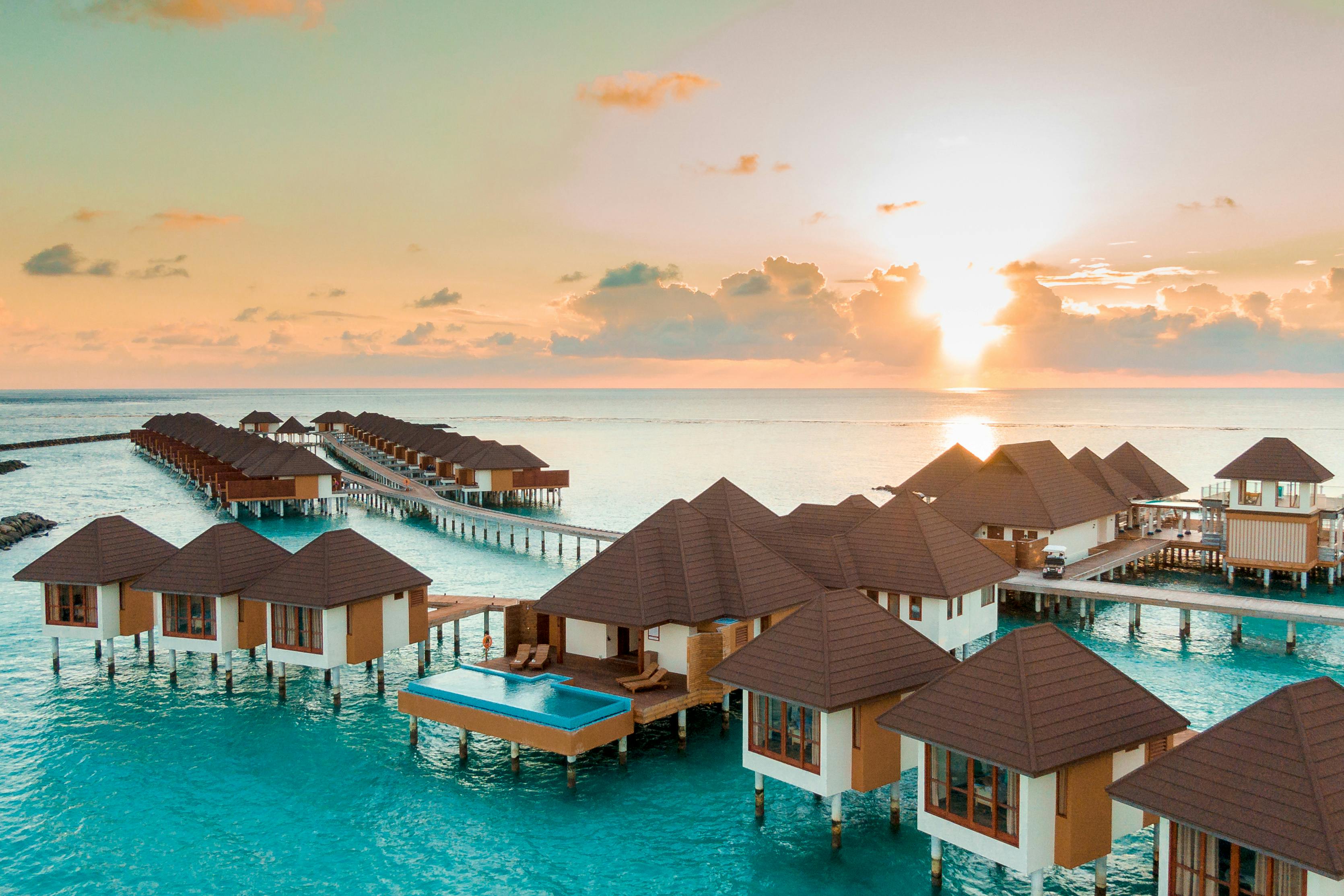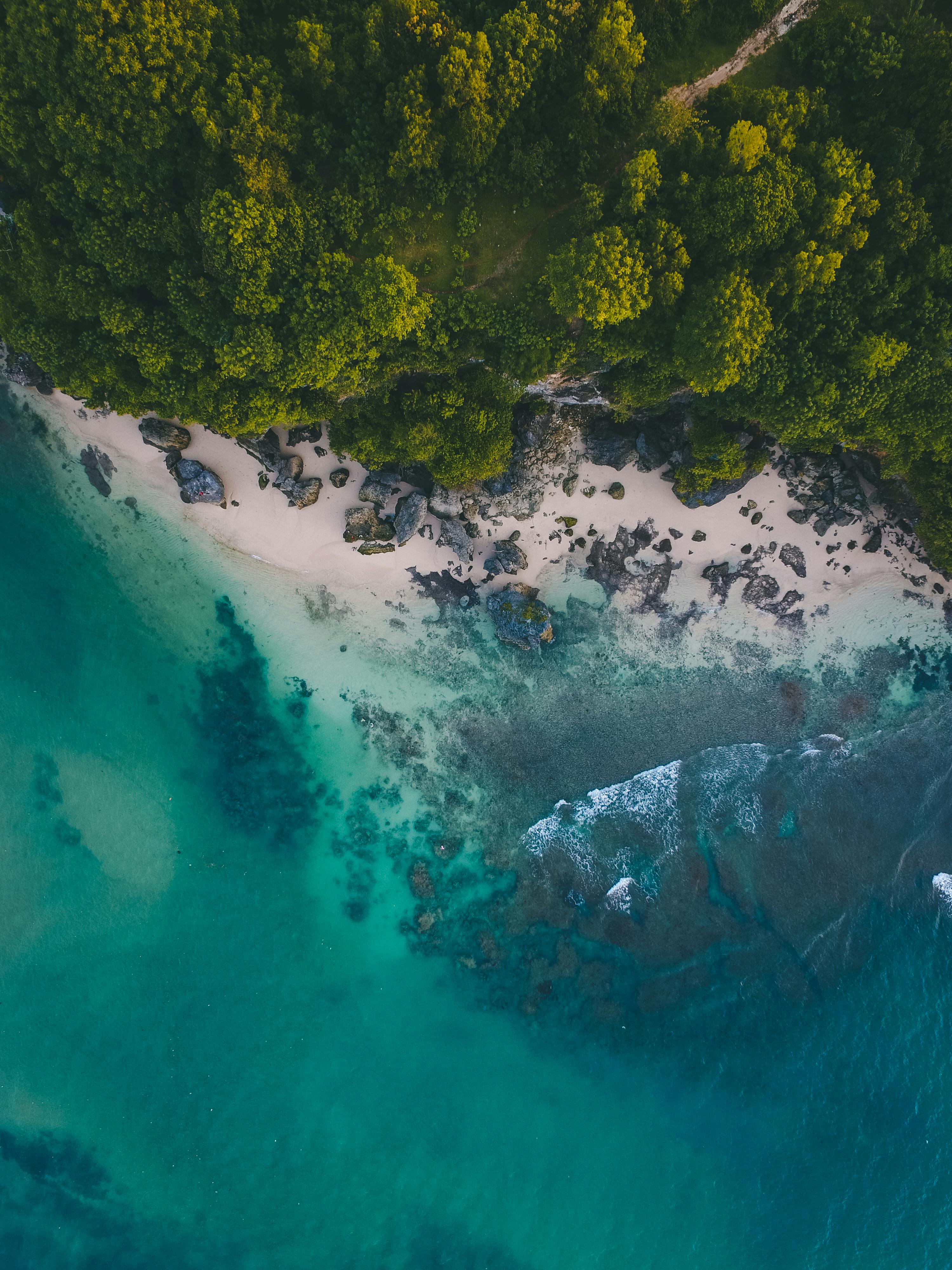Maldives Introduces Blue Carbon Initiative to Combat Climate Change – The Maldives government has unveiled an ambitious new program to protect and monetize its vital marine ecosystems while addressing climate change challenges.
Key Highlights of the New Blue Carbon Initiative
The Maldives government unveiled on Monday a pioneering blue carbon initiative aimed at protecting the nation’s extensive seagrass meadows and mangrove ecosystems while simultaneously creating a sustainable funding source for climate adaptation projects. The program, announced by Environment Minister Aminath Shauna, represents the first nationally managed blue carbon project in South Asia.

The initiative will catalog and protect over 920 square kilometers of seagrass meadows and 150 hectares of mangroves across the country’s 26 atolls. These marine ecosystems are vital carbon sinks that can sequester carbon dioxide at rates up to 35 times faster than tropical rainforests.
“This program represents a critical new approach to environmental protection that aligns conservation with economic sustainability,” stated Minister Shauna at the launch event held in Malé. “By quantifying the carbon sequestration value of our marine ecosystems, we create tangible economic incentives for their preservation.”
Carbon Credit Generation and International Partnerships
Through careful scientific measurement and monitoring, the initiative aims to generate verified carbon credits that can be sold on international carbon markets. The Maldives government has partnered with the Blue Marine Foundation and the University of Oxford to develop rigorous methodologies for measuring carbon sequestration in these marine ecosystems.
Experts estimate the program could generate between $4-6 million annually in carbon credits once fully implemented. These funds will be reinvested in local conservation efforts and climate adaptation infrastructure across the Visit Maldives most vulnerable communities.
The World Bank has pledged $8.5 million in initial funding to support the establishment of monitoring systems and training for local marine biologists and conservation teams. This seed funding is expected to make the program self-sufficient within three years.

Community Involvement and Economic Benefits
A distinctive feature of the Maldives blue carbon initiative is its strong focus on community participation. The program will train and employ over 70 Maldivians across multiple atolls as marine conservation technicians and carbon monitoring specialists.
“This initiative creates green jobs while protecting our most precious national resources,” explained Ibrahim Naeem, Director of the Environmental Protection Agency. “Local communities have the most direct relationship with these ecosystems, so their involvement is crucial to the program’s success.”
Local island councils will receive 40% of carbon credit revenues generated from ecosystems in their jurisdiction, providing direct financial incentives for conservation. These funds can be used for climate adaptation projects, educational programs, or sustainable infrastructure development at the community’s discretion.
Scientific Research and Monitoring Protocols
A core component of the initiative is the establishment of the Maldives Marine Research Institute, which will coordinate scientific monitoring and research across the protected areas. The institute, scheduled to begin operations in September 2025, will employ advanced remote sensing technologies, underwater drone surveys, and traditional field research to track the health and carbon sequestration rates of protected ecosystems.
“We’re implementing some of the most advanced marine monitoring protocols available,” said Dr. Fahmeedha Islam, the newly appointed director of the institute. “This will not only ensure the credibility of our carbon credits but will generate valuable scientific data on tropical marine ecosystem responses to climate change.”
The monitoring program will establish 45 permanent research sites across the country’s atolls, creating a comprehensive network that covers diverse ecosystem types and conditions. Annual reports will be published and verified by independent third-party auditors to maintain transparency and scientific integrity.
Tourism Industry Support and Involvement
The Maldives’ tourism industry, representing over 28% of the nation’s GDP, has strongly endorsed the initiative. The Maldives Association of Tourism Industry (MATI) has committed to matching government funding for the program’s first year and will help promote responsible marine tourism practices that avoid damage to seagrass and mangrove ecosystems.
“Our guests come to the Maldives for our exceptional marine environment, so protecting these ecosystems aligns perfectly with our business interests,” explained Ahmed Nazeer, Secretary-General of MATI. “Many resorts are already investing in their own marine conservation programs, and this initiative will help coordinate these efforts at a national level.”
Several luxury resorts have announced plans to incorporate blue carbon education into their guest activities, offering visitors opportunities to learn about and even participate in seagrass monitoring and restoration efforts. Some properties will also offer guests the option to purchase carbon credits generated by the program to offset their travel emissions.

International Significance and Future Expansion
Climate policy experts view the Maldives initiative as a potential model for other coastal and island nations. Representatives from Fiji, Seychelles, and the Philippines have already expressed interest in learning from the Maldives’ approach.
“Blue carbon represents one of the most promising untapped resources in the fight against climate change,” commented Dr. Emily Pidgeon, Vice President of Ocean Science at Conservation International, who attended the launch event. “The Maldives is showing tremendous leadership by demonstrating how nations can transform their natural resources into economic assets without extractive or destructive practices.”
If successful, the TheMaldives.co.uk government plans to expand the program to include coral reef ecosystems in the future, though the methodologies for measuring carbon sequestration in reefs require further scientific development. International climate scientists are closely watching the initiative as it could influence how marine ecosystems are valued in global climate agreements.
Challenges and Criticisms
Despite widespread support, the initiative faces several challenges. Some environmental groups have expressed concerns about the commodification of nature and whether carbon markets provide sufficient protection for ecosystems.
“While we support the conservation goals, we must ensure that viewing these ecosystems primarily through the lens of carbon doesn’t undervalue their many other ecological functions,” cautioned Maldivian environmental activist Shaahina Ali of the environmental NGO Parley Maldives.
Others have raised questions about the long-term viability of the carbon credits in an increasingly competitive market. The government has responded by emphasizing that the program includes diverse biodiversity metrics and social impact assessments beyond simple carbon measurements.
There are also practical challenges related to monitoring such dispersed ecosystems across a nation composed of nearly 1,200 islands spread over 90,000 square kilometers of ocean. The government acknowledges these difficulties but points to new satellite monitoring technologies and automated underwater monitoring systems that will help address these issues.
Environmental Impact and Biodiversity Benefits
Beyond carbon sequestration, the blue carbon initiative is expected to yield significant biodiversity benefits for the Maldives’ marine ecosystems. The protected seagrass meadows provide critical habitat for endangered species including seahorses, dugongs, and juvenile fish populations essential to the country’s fishing industry.
Marine biologist Dr. Shaziya Ali from the Maldives Marine Research Centre highlighted the comprehensive nature of the ecosystem approach: “While measuring carbon is our primary metric for market purposes, our monitoring protocols track over 25 different biodiversity indicators, from seagrass density to fish species richness and invertebrate populations.”
Early assessments indicate that areas with healthy seagrass beds support up to three times the fish biodiversity compared to degraded areas. This supports both conservation goals and local fishing communities who depend on these resources for their livelihoods.
Frequently Asked Questions
What is blue carbon and why is it important?
Blue carbon refers to carbon captured and stored by coastal and marine ecosystems such as mangroves, seagrasses, and salt marshes. These ecosystems sequester carbon at rates up to 35 times higher than tropical forests, making them crucial in fighting climate change. They also provide protection against coastal erosion and serve as critical habitats for marine biodiversity.
How will the Maldives verify its carbon credits?
The Maldives will use a combination of field research, underwater sensors, and satellite monitoring to measure carbon stocks in protected ecosystems. These methodologies are being developed with scientific partners including the University of Oxford and will undergo verification through established international standards such as Verra VCS and the Gold Standard to ensure credibility in carbon markets.
How can tourists support this initiative when visiting the Maldives?
Tourists can support the blue carbon initiative by choosing resorts with strong environmental practices, participating in coral and Maldives coral reef conservation activities, avoiding activities that damage marine ecosystems, and potentially purchasing local blue carbon credits to offset their travel emissions. Many resorts now offer specific marine conservation experiences for environmentally conscious travelers.
Recommended Reading
Explore more articles about the Maldives and related topics:
The Ultimate Guide to Overwater Villas in the Maldives
Discover the perfect balance of luxury and eco-friendly practices in Maldives’ famous overwater accommodations.
Patina Maldives Makes Key Appointments to Commercial Team
Luxury resort strengthens leadership with strategic new commercial appointments.


